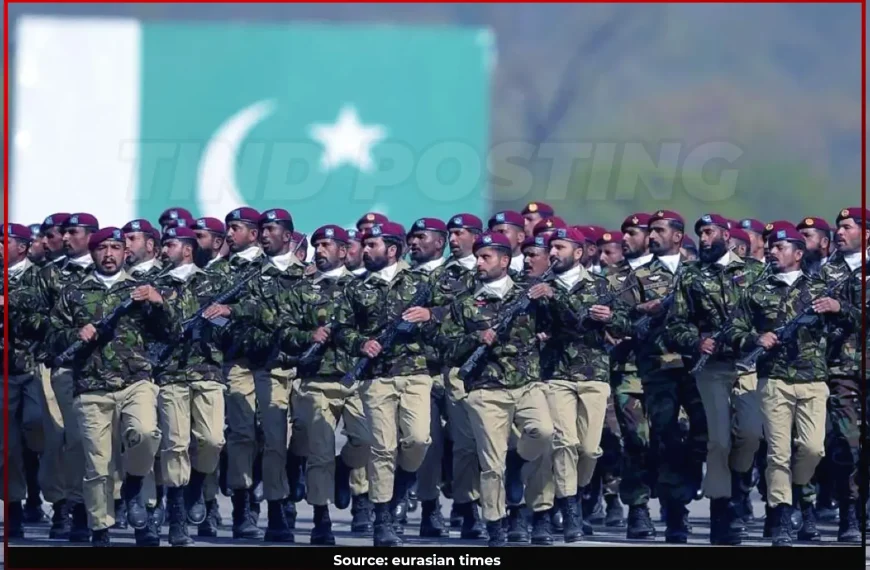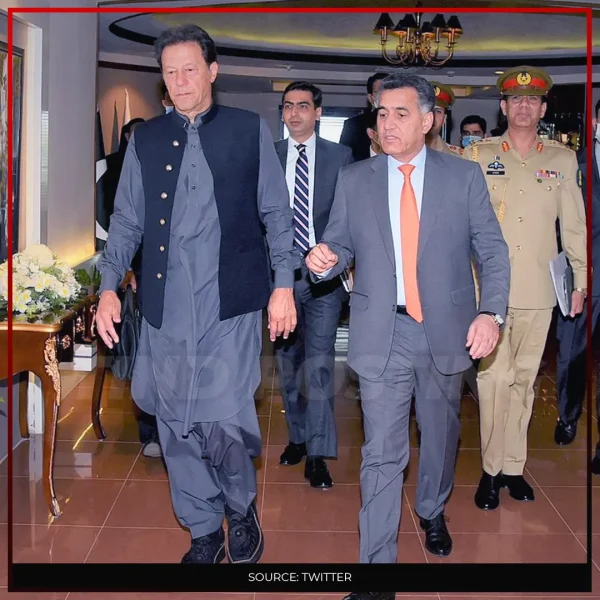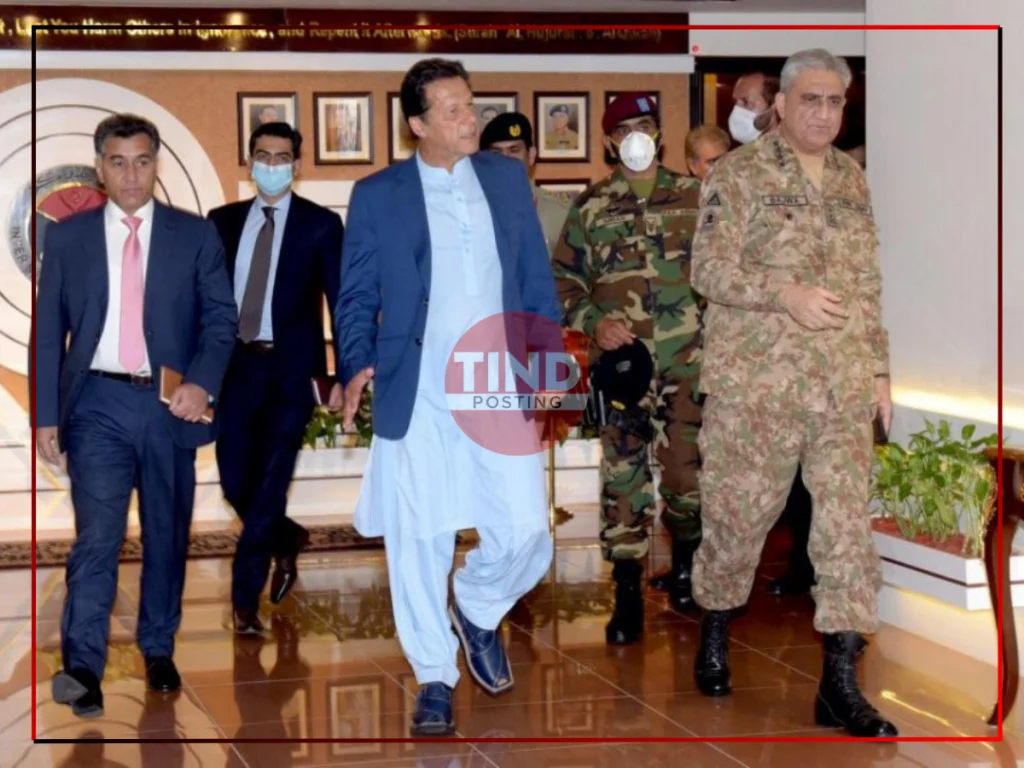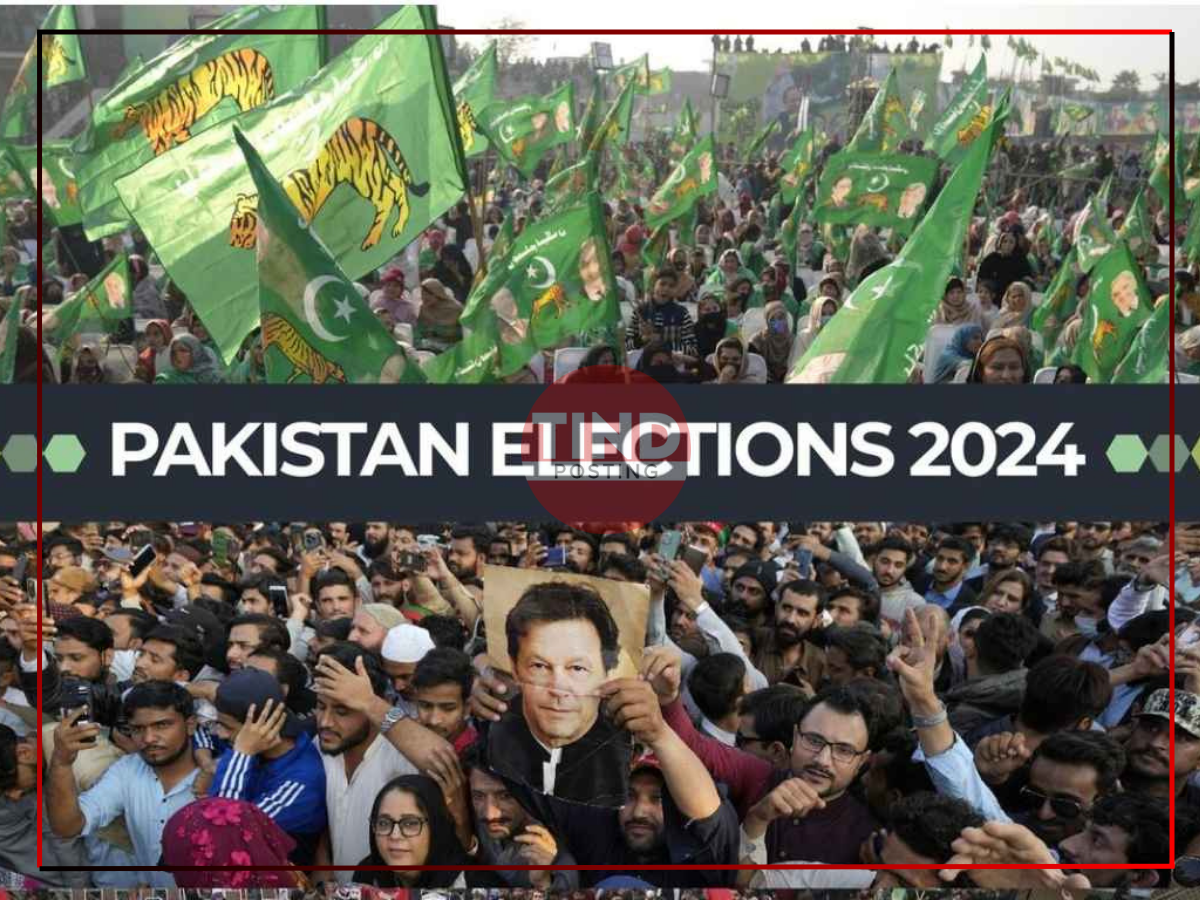Political History repeats in Pakistan
Huseyn Shaheed Suhrawardy, the former prime minister of Pakistan, was detained under the Security of Pakistan Act on Tuesday, January 30, 1962, from his home in Karachi on vague accusations of engaging in anti-state activities. But in reality, he was a rebel against the martial law imposed by General Ayub Khan. Sixty-two years later, on the same day and year last week, another former prime minister, Imran Khan, was found guilty on a tenuous allegation of disclosing state secrets to the public by releasing a diplomatic cable or cypher and was sentenced to ten years in prison.
Similar to Suhrawardy, who was already prohibited from electoral politics by the martial law regime’s Elective Bodies Disqualification Order (EBDO), Imran Khan was also imprisoned following a conviction on allegations of corruption, and he remains so to this day. However, that is the extent of Suhrawardy and Imran Khan’s similarity. Giant of the political and intellectual world, Suhrawardy was adamantly opposed to military authority and in favour of parliamentary democracy and pluralist nation states. The army handpicked, trained, installed, and supported the authoritarian demagogue Imran Khan in the high office until their differences surfaced.
What is martial law in Pakistan?

Martial law is the suspension of civilian civilian legal processes in favor of military authority and the replacement of civilian government with military rule. Normal civil liberties may be suspended while martial law is in effect, either for a predetermined period of time or indefinitely.
Apart from declaring martial law four times, the Pakistani army has ruled the nation in an indirect manner for the majority of its history. In order to do this, the political system exploited the system by forming or appropriating people and organisations that it considered to be ‘patriotic’ and compliant. But the politicians the army has picked, like Zulfikar Ali Bhutto, have always veered out of its orbit. Some have even had run-ins with the military, like Nawaz Sharif.
What happened with Imran Khan
“The Party commands the gun, and the gun must never be allowed to command the Party,” was a famous quote by Chairman Mao Zedong. The main reason for Pakistan’s ongoing civil-military imbalance is that those in control of the armaments firmly think that no political party, not even the several king’s parties they themselves founded, should ever have the right to use arms.
Therefore, Chief of Army Staff (COAS) General Qamar Javed Bajwa stonewalled then-PM Imran Khan when he attempted to assert himself in late 2021 and insisted on keeping his closest supporter Lt. General Faiz Hameed in his position as the director general of the ISI. Ignore the fact that General Bajwa oversaw Imran Khan’s ascension to high office under a system known as the hybrid dictatorship. Because of his appalling economic mismanagement and poor leadership, Imran Khan had already begun to lose the trust and backing of the military establishment by that point.

The generals changed their ways, despite being appropriately held accountable for enforcing and continuing the disastrous Imran Khan agenda. The army’s declaration that it will remain politically impartial was interpreted by the opposition political parties as an invitation to take a swipe at Imran Khan. With the backing of the Pakistan Peoples Party (PPP), a rainbow coalition known as the Pakistan Democratic Movement (PDM) ousted Imran Khan and his Pakistan Tehrik-e-Insaf (PTI) party’s government in April 2022 through a no-confidence vote in the National Assembly. The coalition included parties like the Pakistan Muslim League-Nawaz (PMLN) and Jamiat-e-Ulama-e-Islam. PM of the PDM government was Shehbaz Sharif of the PMLN.
Imran Khan Party Name
Imran Khan’s political party name is Pakistan Tehrik-e-Insaf (PTI) which is banned from contesting election in Pakistan
But Imran Khan aimed his weapons at General Bajwa, blaming him for Imran Khan’s demise. Additionally, he made a fruitless attempt to stop General Asim Munir—whom he had dismissed from his position as DG ISI—from taking over as COAS. Imran Khan’s and the brass’s tensions increased as a result, although the brass stayed relatively cool. However, following Imran Khan’s incarceration, chaos ensued as PTI officials and workers rioted against military facilities on May 9, 2023.
Imran Khan’s political demise
Imran Khan appeared to have calculated that he could overthrow the PDM government and remove the army chief through a group of allied generals if he had pockets of support in the army, judiciary, and public. It was a grave misunderstanding and misinterpretation of the discipline and command coherence of the army.
Thousands of PTI leaders and cadres were taken into custody when the army swung its baton. Imran Khan was arrested again and has stayed behind bars ever since. Numerous PTI leaders were compelled to publicly confess their sins, swear loyalty to the army, and leave the party. From the PTI, several political organisations and even a brand-new party were formed. Imran Khan changed from being the army’s favourite to a despised monster.
However, he continued to enjoy popularity among his cult-like following, which profoundly concerned the brass. The people was not particularly captivated by the PDM government’s poor economic performance, drab leadership (Shehbaz Sharif), or complete deference to the junta. The PDM, which acted as a hybrid administration on steroids, along with the generals, employed every tactic known to man to purchase further time to deal with Imran Khan.
Can Imran Khan make a comeback?

The chances are really low as Imran Khan is in jail with most of the PTI leaders, PTI has been stripped of its election symbol forcing the party to fight as an independent candidate, Politicians frequently brag about their inner fortitude.
Imran Khan can identify three bullets that were extracted from his leg. Khan was shot by a lone gunman in November while attending a rally; the 70-year-old was injured, and five followers were also hurt, one of whom died. “My foot is still recovering from a bullet that damaged a nerve,” the former Pakistani prime minister and legendary cricket player adds “I have trouble going for extended walks”
Rigged or Not, Voting is the Only Option for Pakistan
They have a number of causes, the main one being army rule over the state. Despite widespread support, cricket star and leader of the Pakistan Tehreek-e-Insaf (PTI) party Imran Khan was removed through a vote of no confidence. Khan was previously an army protégé.
He has been accused and is no longer eligible to run for office. At the same time, Nawaz Sharif, the former prime minister of the Pakistan Muslim League, who had been living in self-exile and evading justice until recently, returned home after being given bail. He is anticipated to win with the army’s backing as he has been permitted to run for office.
